
Leadership from the Inside Out
Becoming a Leader for Life
Recommendation
Kevin Cashman’s book on why personal development is essential to exemplary leadership is a classic. First published in 1998, this self-help manual quickly became a breakthrough business bestseller. This revised edition is now on the required reading lists of numerous universities and leadership programs around the globe. For this second edition, Cashman, a coaching consultant, conducted extensive new research. He asked corporate CEOs and company presidents to review his models of leadership and to critique his leadership propositions. Additionally, his firm interviewed corporate leaders to learn which areas of personal development they believe relate most closely to leadership. While some insights are obvious, others provide fresh ideas. The book offers a virtual coaching experience that will help you develop as a “whole person” and, thus, as a “whole leader.” getAbstract recommends this respected work to all leaders. It offers valuable insights, ideas, lessons and tools they can use to improve themselves, their employees, their organizations and their communities.
Summary
About the Author
Kevin Cashman is the author of numerous leadership books, including The Pause Principle. He has advised senior executives in more than 60 countries.









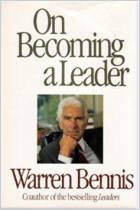
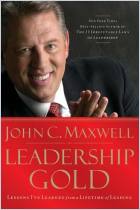
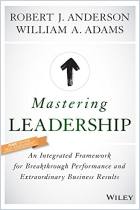

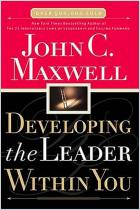
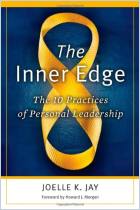





Comment on this summary or Iniciar a Discussão
In order to acquire and learn leadership skills, there are very good examples and small to-dos suggested, which can help us to focus on what really is essential in every good leader. No wonder it made a bestseller and is used in that many university courses. A truly good read and a worthy reference / desk-companion.